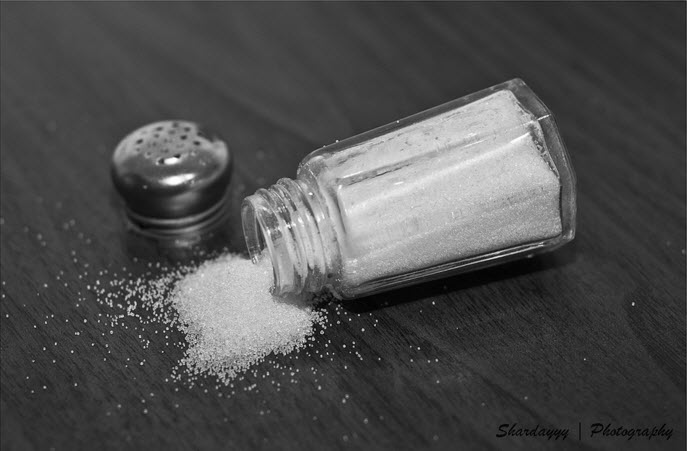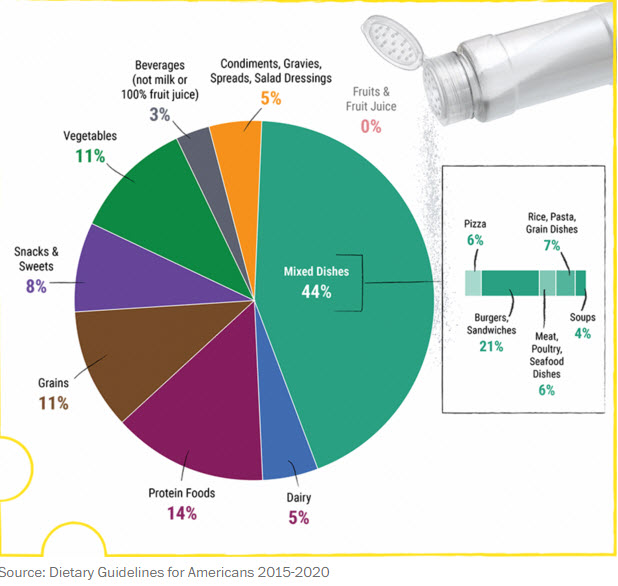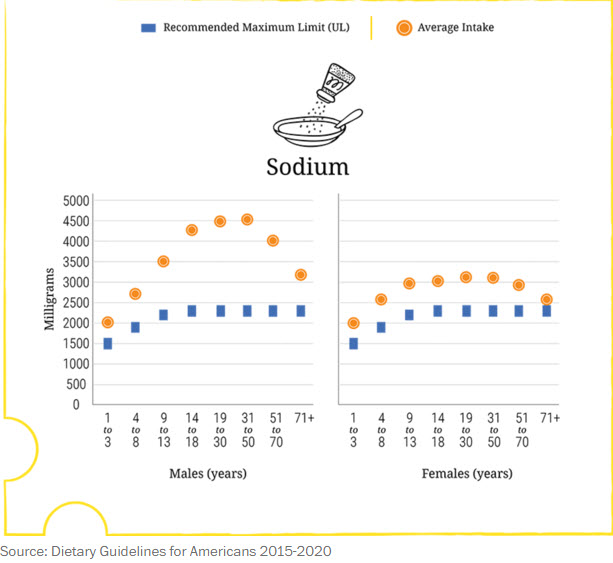Is Too Much Dietary Salt Dangerous?

Are you eating too much salt?
You’re probably eating too much salt, says new U.S. 2015-2020 dietary guidelines released in February.
For years, many health authorities around the world have warned people that they are injesting too much salt.
This salty binge is causing heart attacks and strokes, according to these warnings, and in the U.S. alone, authorities say too much salt is precipitating tens of thousands of deaths annually.
What’s in the new guideline?
Old guideline: Limit sodium to 2,300 milligrams a day — but 1,500 milligrams daily for anyone who is older than 50 or African-American.
2015 guideline: Adults and children ages 14 years and over should limit sodium to less than 2,300 mg daily, and children younger than 14 should consume even less. Use the Nutrition Facts label to check for sodium, especially in processed foods like pizza, pasta dishes, sauces and soups.
How much is too much?
Many nutritionists agree that consuming too much salt can be dangerous to your health. The question is still just how much is too much.
The federal government is on the side urging that Americans aggressively limit salt intake. For two decades, it has warned that most people were eating dangerous amounts of salt that could increase their risk of high blood pressure and heart issues. The new guidelines maintain a daily limit of less than 2,300 milligrams of sodium — about a teaspoon of salt.
Some skeptics have argued that the typical American’s consumption of about 3,500 milligrams per day does not raise significant health risks and that the upper limit should actually be closer to 6,000 milligrams. They say that consuming too little salt, which they define as below 3,000 milligrams daily, carries its own health risks — a directly contradictory claim.
For those seeking practical advice about whether to limit their salt intake, the controversy has been confusing.


The federal government’s influential Dietary Guidelines for Americans, are updated every five years, and the debate over saturated fats, red meat, caffeine and salt was especially intense this time around. The guidelines are the basis of everything from school lunch programs to the diets promoted in bestselling books, but in recent years some scientists have begun to question the one-size-fits-all approach. A growing body of research supports the theory that a person’s genetic makeup or microbiome (the organisms that live on or inside of you and help to make you who you are) plays a key role in how food affects the body — and that the impact can be different from one individual to another. That work supports a more personalized approach to diet, which some researchers argue, is the future of nutrition science.
Read more by clicking here



